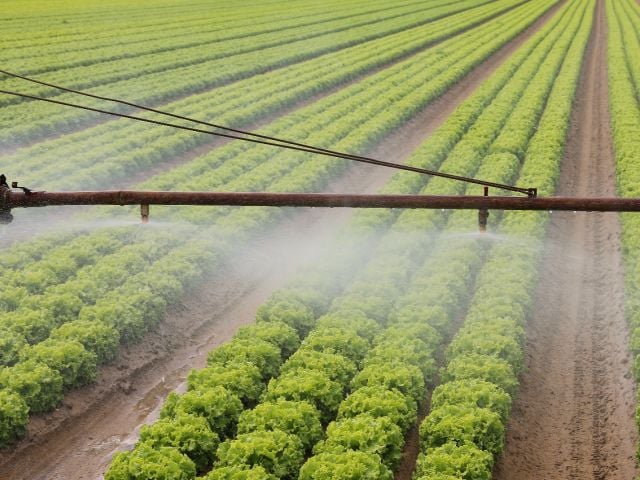WASHINGTON – In the last decade, U.S. taxpayers have sent $30 billion to farmers and landowners to fund federal conservation programs to protect public health and the environment, according to data obtained through Freedom of Information Act requests and revealed today in an exclusive new EWG database.
Seven years in the making, EWG's Conservation Database allows Americans to see, for the first time, exactly where billions of dollars in conservation funding have gone. The data, broken down by county, show that the programs have made important strides, but too often the money is spread too thinly to counter the impacts of agriculture on the nation's water, air and land.
Despite the vast sums spent on conservation efforts over the past decade, the nation's landscape is still plagued by contaminated drinking water, toxic algal blooms, microbes resistant to antibiotics, and rural communities blighted by waste from millions of animals trapped in factory farms. Agriculture remains a leading source of water pollution in the nation.
“Used wisely and with the right incentives, farm conservation programs are making a difference in protecting our health, and improving our quality of life and the environment,” said Craig Cox, EWG Senior Vice President for Agriculture and Natural Resources. “But we need to focus taxpayer dollars on getting the most effective practices in the right places to address the most urgent threats."
The data, obtained through 28 FOIA requests over seven years, show that since 2005 farmers and landowners have received $29.8 billion in payments through four critical conservation initiatives funded by Congress and administered by the U.S. Department of Agriculture:
- Wildlife Habitat Incentive Program, $318 million
- Conservation Reserve Program, $20 billion
- Environmental Quality Incentives Program, $7.4 billion
- Conservation Stewardship Program, $2.2 billion
The data also confirm the growing recognition that voluntary programs alone are insufficient. Voluntary conservation programs in the federal farm bill can play an important role, but they aren't leading to clean water, clean air and a healthy environment.
“It’s more than fair to expect farmers and landowners to do more to protect the environment in return for the generous farm and insurance subsidies they receive,” Cox said. “Americans across the country are seeing the price of farm pollution firsthand. It's time for Congress to deliver a return on their tax dollars by requiring farmers who take money from these programs to do more to protect the environment and public health."



.jpg?h=827069f2&itok=jxjHWjz5)